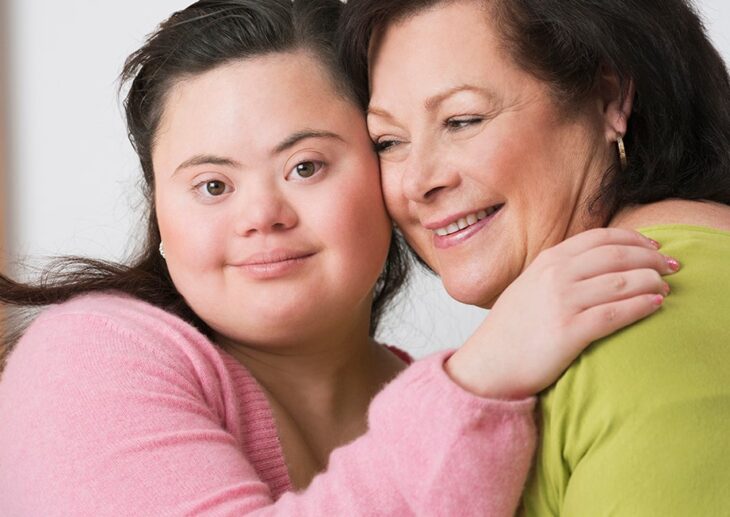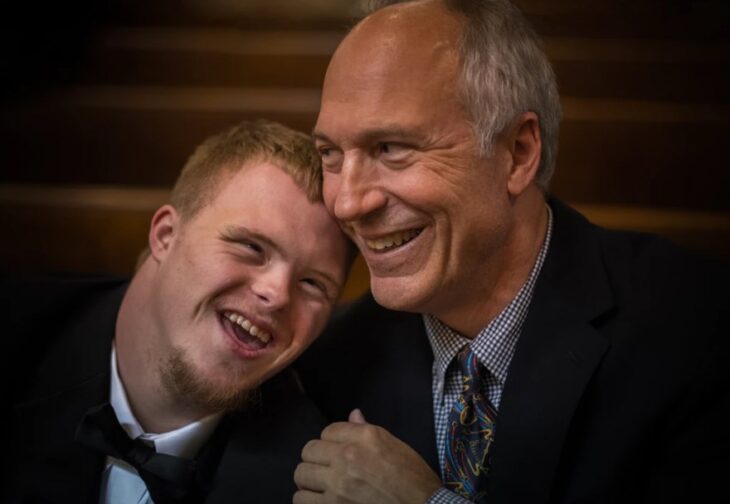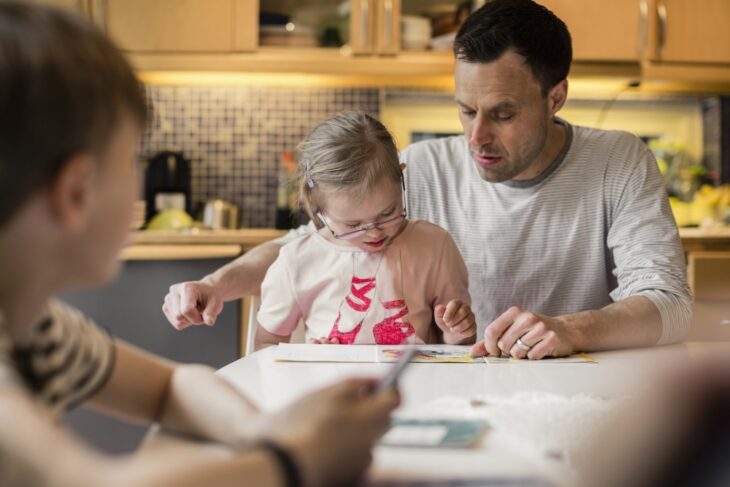It’s never easy raising children with special needs. You have to be there for your kids until they learn how to be more independent. When you feel frustrated with the lack of progress, you have to keep pushing. There’s no formula to success. However, there are a few things you should avoid if you wish to see excellent results.
Contents
- 1. Expressing frustration
- 2. Setting high expectations
- 3. Comparing your child with other children with special needs
- 4. Scolding your child
- 5. Secluding your child
- 6. Pretending like your child has no special needs
- 7. Assuming your child is incapable of physical activities
- 8. Not being proactive
- 9. Being there all the time
- Let them become your child’s parents too
1. Expressing frustration

Source: learningliftoff.com
Nothing should stop you from showing emotions. If you feel frustrated, find a way to vent it out. As long as you don’t show it to your kid, you’re good. Children with special needs are sensitive. They can also pick up on different signals. Talk to a friend or write your feelings in a journal. You can also talk to other parents.
Consider Parentgood app and connect with parents of children with special needs. Experts in raising these children are also there. When in front of your kid, try to be more sensitive. Create a positive environment as much as possible.
2. Setting high expectations
Remember that your toddler has special needs. The developmental milestones aren’t the same with other children. Try to be realistic with your expectations. There’s nothing wrong with trying to push your kids to do more. However, you can’t put your kid under immense pressure. It can lead to regression. Take one step at a time until you see positive changes. Talk to an expert about goal setting for children with special needs.
3. Comparing your child with other children with special needs

Source: aarp.org
Another mistake is to compare your kid with other children who share the same issues. Just because they have the same diagnosis doesn’t mean they can have the same pace of development. For instance, autism is a spectrum disorder. Your kid falls somewhere in that spectrum, and so do other children with an official diagnosis.
However, they won’t learn at the same pace. Allow your toddler to create a path for learning, and it shouldn’t depend on how other children progress. Comparing is generally terrible, and you should avoid it.
4. Scolding your child
It doesn’t matter how frustrated you are. Never scold your kid. Even if your toddler throws tantrums, you can’t be angry. It doesn’t help in any way. If anything, you end up screaming at each other. Sure, it’s embarrassing to see your kid throwing tantrums in public.
However, your inappropriate reaction is even worse. Children with special needs might not understand why you’re getting angry at them. Try to calm down and explain. Use a soft voice and take it easy. Allow your kid to express emotions and wait for that feeling to subside.
5. Secluding your child

Source: unsplash.com
It’s understandable if you feel worried and you wish to protect your kid. Playing with other children might even be too much to bear for some. However, you can’t seclude your toddler forever. Inclusive practices are more common in raising children with special needs. There’s no need to separate them from children without special needs. They’re also capable of achieving what others can. They might need accommodations, but they can do a lot. As long as you’re there to guide, expect great results.
6. Pretending like your child has no special needs
On the other end of the spectrum are parents who don’t even want to accept that they have children with special needs. You can’t be one of them, as your kid needs a special education plan. Some schools can help in this regard. There might also be some medical issues to address.
If you pretend nothing wrong is going on, your toddler won’t progress. Don’t feel ashamed of this reality. It’s no one’s fault. Instead, embrace your kids needs and make the most of the situation. Remember that it’s not about you. It’s about helping your toddler get better.
7. Assuming your child is incapable of physical activities

Source: psychiatryadvisor.com
Some children with special needs also have physical disabilities. These problems prevent them from being more dynamic. They can’t do outdoor sports and activities. While they have limitations, they’re still capable of doing something. Assuming that your kid has no potential at all can be problematic. Like any other toddler, those with special needs also take time to discover themselves. They can’t reach their true potentials until later in life. Give them enough time to improve.
8. Not being proactive
When you decided to ask for help, it’s a step in the right direction. It takes humility to accept reality. However, it’s not enough. You can’t be complacent. The key is to be more proactive. Besides, things change all the time. There are updates in the world of special education that you can use to help your kid improve.
9. Being there all the time

Source: theconversation.com
It might seem inappropriate, but being there for your kid all the time can be counterproductive. Like children without special needs, you want your toddler to be independent in the future. Try to gradually withdraw your role and help your child do tasks without you. Remember that you won’t be around forever.
If it happens, you want your child to survive. As your kid gets older, assign more tasks and responsibilities. Don’t hesitate to consider new strategies to promote independence. It won’t happen right away, but you have to take that path. It’s never going to be easy to raise a child with special needs.
You will encounter several problems along the way. There are also instances when you want to give up. However, you must let your love for your kid prevail. Learn from other parents and ask for help from experts. You don’t need to carry the entire burden alone. You can also ask for help from family members.
Let them become your child’s parents too
Celebrate every milestone, and don’t forget to praise your kid for these achievements. When you feel exhausted, take a break. Find a way to relax and recharge. It’s natural for parents like you to feel that way. However, it’s not an excuse to be a terrible person.
